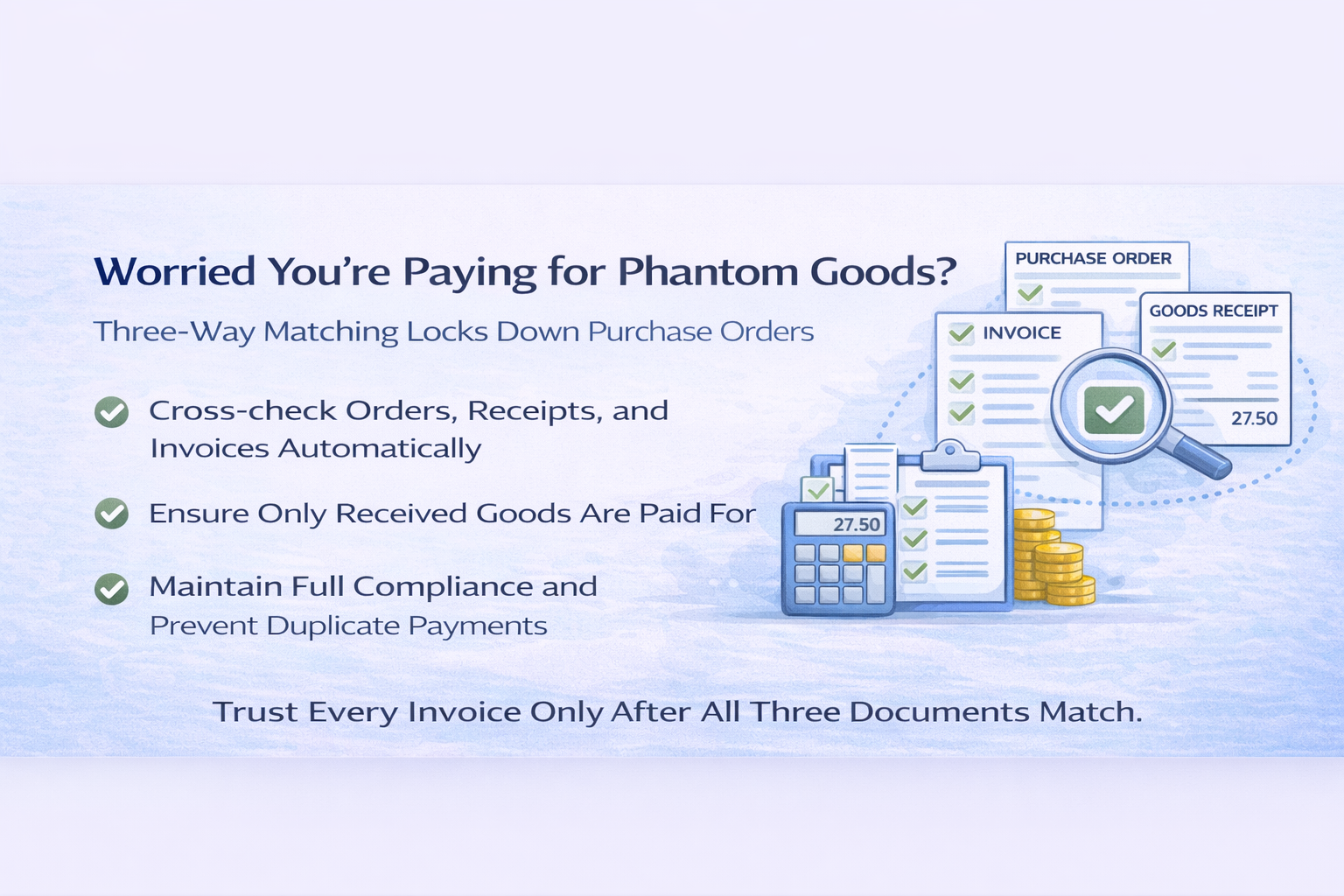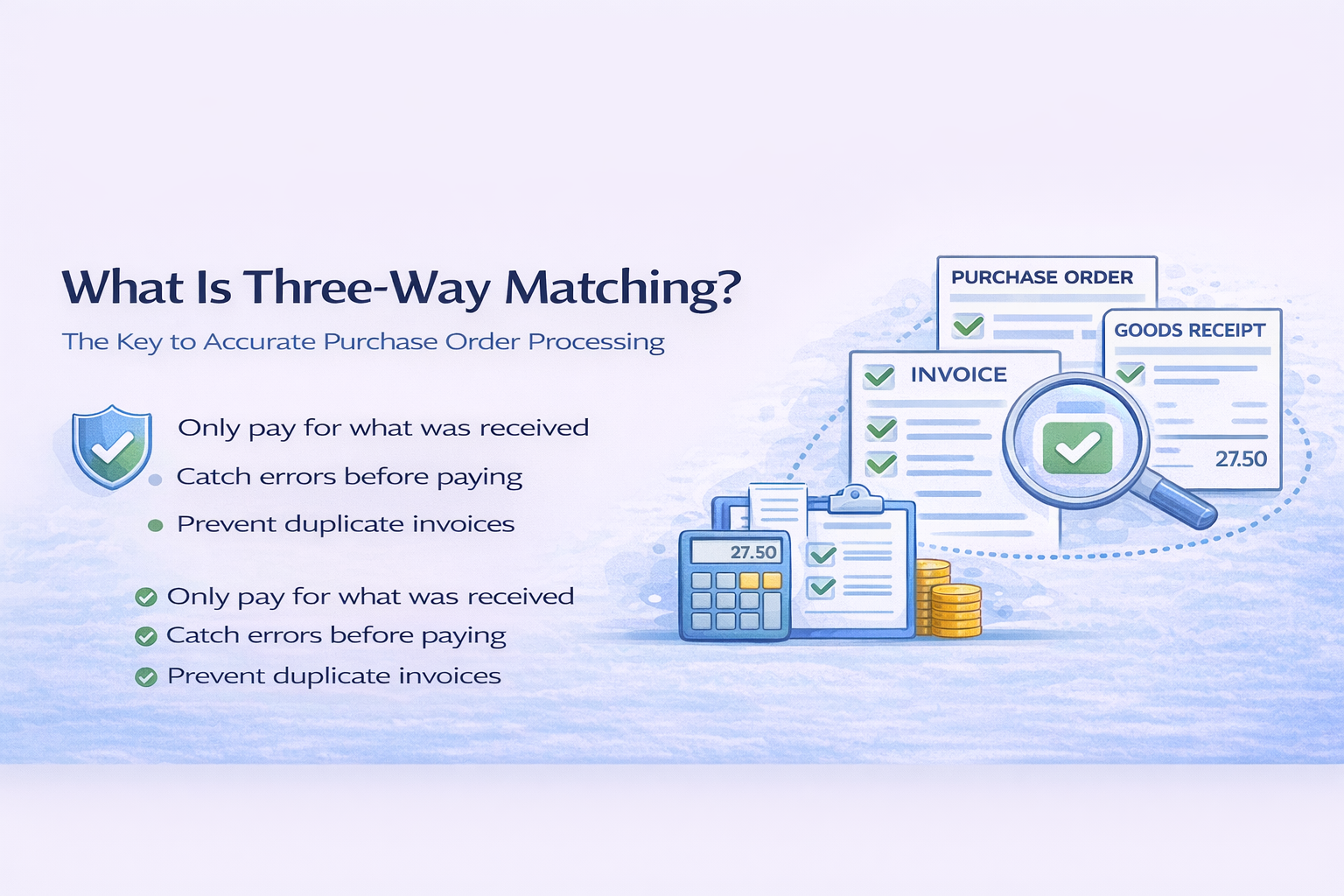
Bespoke Accounting Platforms: Why 90% of Businesses Are Solving the Wrong Problem
Your finance director just dropped the bomb: “We need bespoke accounting software.” The current system can’t handle your multi-entity structure. Reports take days to generate. Month-end is a nightmare. The business is haemorrhaging efficiency, and everyone agrees – you need something built specifically for your unique requirements.
Stop. Before you commit £500,000 and 18 months to building bespoke accounting software, let me share what I’ve learned from watching dozens of businesses make this expensive mistake.
The Bespoke Trap
Here’s the pattern I see repeatedly: Business outgrows QuickBooks/Xero → Evaluates enterprise solutions → Finds they’re expensive and still don’t fit → Decides to build bespoke → Spends fortune → Ends up with a system that’s hard to maintain, impossible to upgrade, and still doesn’t solve the real problem.
Why? Because 90% of “accounting software problems” aren’t actually accounting problems. They’re integration problems wearing an accounting mask.
What’s Really Broken
When businesses say they need bespoke accounting, they usually mean:
- “Our invoices are in Xero, but contracts are in Salesforce, and they don’t match”
- “Bank reconciliation takes forever because payments come through five different processors”
- “We can’t get consolidated reports because each division uses different software”
- “Our inventory system doesn’t talk to our accounting, so COGS is always wrong”
- “Revenue recognition is manual because our subscription billing is separate”
Notice the pattern? The accounting maths isn’t the problem. The disconnection is.
Ready to let AI protect your procurement?
Contact Systematics Software Ltd today to explore how AI-powered solutions can revolutionise your operations and prepare you for the future of technology.
Nam aliquet ante porta, gravida elit, at fringilla felis suscipit.
The Three Paths: A Reality Check
Path 1: Build Bespoke (The Nuclear Option)
When it makes sense:
- You’re in a highly regulated industry with unique compliance requirements
- Your business model is genuinely unique (not just complex)
- Accounting is core to your product (you’re building a fintech)
- You have £1M+ budget and can wait 18-24 months
The reality:
- Initial build: £500K-£2M
- Annual maintenance: 20% of build cost
- Need permanent development team
- Every integration is custom-built
- Upgrades and compliance updates are your responsibility
Success rate: 30% deliver on time and budget
Path 2: Customise Existing (The Middle Ground)
When it makes sense:
- Core accounting needs are standard
- You need specific workflows or automation
- Industry-specific features required
- Budget of £50K-£200K
The reality:
- Platform limitations still exist
- Updates can break customisations
- Switching platforms means starting over
- Often ends up as “bespoke-lite” with similar problems
Success rate: 60% achieve desired outcomes
Path 3: Integrate Everything (The Smart Start)
When it makes sense:
- Your accounting maths works fine
- Problems are coordination and data flow
- Multiple systems each do their job well
- Need unified visibility and automation
The reality:
- Cost: £10K-£50K
- Timeline: 2-4 weeks
- Keeps best-in-class systems
- Flexible and scalable
- Easy to maintain and upgrade
Success rate: 85% solve the actual problem
The Integration-First Revolution
Here’s the breakthrough: We create solutions where you enter information once and it flows everywhere it needs to go. Connect all your existing business systems – payments, banking, accounting, CRM – so they actually communicate and share relevant data automatically.
What this looks like in practice:
Multi-Entity Consolidation: Instead of building bespoke consolidation software, integrate your existing accounting instances. Automated elimination entries, real-time consolidation, unified reporting – without replacing anything.
Complex Revenue Recognition: Your billing system talks to your accounting system talks to your project management system. Revenue recognised automatically based on delivery milestones. No bespoke development needed.
Industry-Specific Workflows: Keep your industry-specific operational software. Integrate it with standard accounting. Best of both worlds without the bespoke risk.
Custom Reporting: Unified data warehouse pulling from all systems. Any report, any format, real-time. Costs 5% of bespoke development.
A Real-World Case Study
Manufacturing company, £50M revenue, 5 locations, 3 currencies. Quoted £800,000 for bespoke accounting system. 18-month timeline.
Instead, we:
- Connected their existing Sage installations (2 weeks)
- Integrated with their MRP system (1 week)
- Linked their CRM for order-to-cash automation (1 week)
- Built unified reporting dashboard (2 weeks)
- Automated inter-company transactions (1 week)
Total cost: £35,000. Timeline: 7 weeks.
Result: Everything they wanted from bespoke, none of the risk.
Ready to deploy AI protection across your procurement?
Contact Systematics Software Ltd today to explore how AI-powered solutions can revolutionise your operations and prepare you for the future of technology.
Nam aliquet ante porta, gravida elit, at fringilla felis suscipit.
The Decision Framework
Ask these questions in order:
- Integration Test (Try This First)
- Can existing systems handle our accounting maths? (Usually yes)
- Are our problems about data flow and coordination? (Usually yes)
- Would automation solve 80% of our issues? (Usually yes)
If yes to all: INTEGRATE
- Customisation Check (If Integration Isn’t Enough)
- Is our core accounting standard?
- Do we just need specific features added?
- Can we live with platform constraints?
If yes to all: CUSTOMISE
- Bespoke Validation (Last Resort)
- Is our accounting genuinely unique?
- Do we have £1M+ and 2 years?
- Can we maintain custom software forever?
- Have we tried everything else?
If yes to all: BUILD
The Hidden Costs Nobody Mentions
Bespoke:
- Training new staff on proprietary system
- No community support or resources
- Integration costs for every new tool
- Regulatory updates are your problem
- Original developers leave, knowledge lost
Customised:
- Upgrade conflicts
- Vendor lock-in
- Limited customisation scope
- Performance impacts
Integrated:
- Minimal hidden costs
- Systems remain standard
- Easy to modify or expand
- Clear upgrade paths
The Integration Advantage for AI
Here’s the bonus: When your systems are properly integrated, AI can work across all your data. Bespoke systems often become AI black holes – custom structures that machine learning can’t interpret.
Integrated systems mean:
- AI-powered forecasting using all data sources
- Automated anomaly detection across platforms
- Intelligent workflow automation
- Predictive analytics that actually work
The Strategic Path Forward
Don’t start with build vs buy. Start with connect.
- Map your current systems and pain points
- Identify where data doesn’t flow
- Build integration bridges
- Automate repetitive processes
- Reassess what’s still missing
You’ll often find nothing is missing – it was just disconnected.
The Bottom Line
Before you spend £500,000 on bespoke accounting software, spend £10,000 on integration. You’ll either solve your problem completely, or know exactly what truly needs building.
The most sophisticated solution isn’t always building something new. Often, it’s making everything you already have work together properly.




